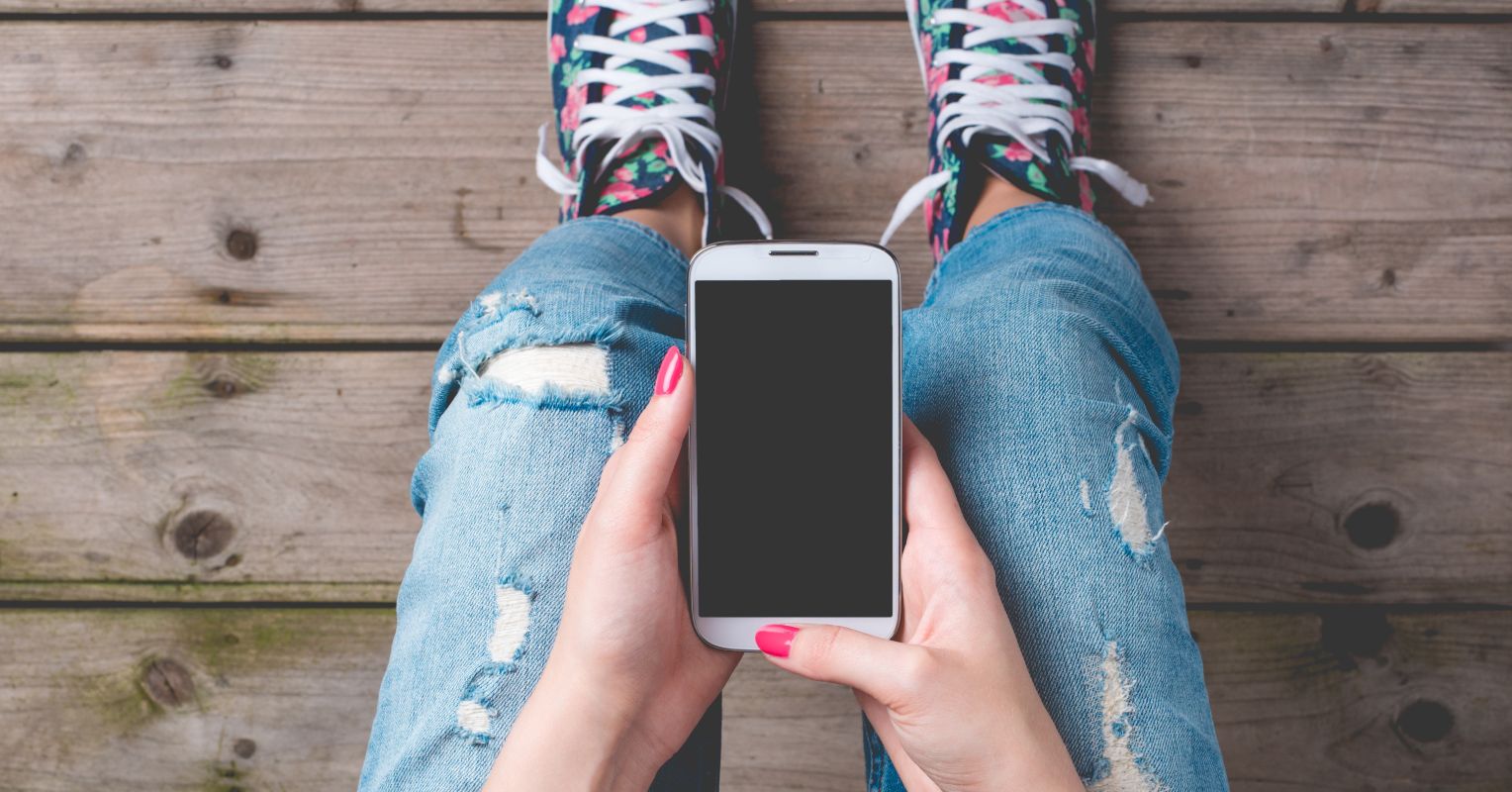Approximately 20% of teens in the U.S. experience depression by age 17. And data shows that among youth across the globe, the prevalence of anxiety and depression symptoms has doubled since the COVID-19 pandemic.
This is a serious problem. Suicide deaths among 10- to 24-year-olds in the U.S. increased by 62% from 2007 to 2021. And in 2023, one in five high school students seriously considered attempting suicide, according to the U.S. Centers for Disease Control and Prevention.
The crisis comes with a related problem: a severe shortage of mental health professionals who treat children and adolescents. As a result, access to mental health care is limited for young people, especially in rural areas where there are fewer providers.
One potential solution is internet-based psychological interventions, which can range from automated interventions to online therapy sessions. These interventions can offer a convenient alternative to in-person therapy. (For example, a young teen whose parents are working can log on to a virtual therapy session independently.) They can also provide a level of privacy not possible during in-person appointments. But do they work?
A systematic review published this month in BMC Psychiatry seeks to answer that question. The authors combined the data from 27 studies involving 3,451 participants aged 10 to 25 who were experiencing symptoms of depression. In each study, some participants engaged in interventions delivered via digital platforms, including the internet, text, video, e-books, websites, applications, games, and artificial intelligence chatbots; other participants received in-person therapy or were put on a waiting list for therapy.
The analysis found that participants assigned to each type of internet-based intervention experienced significantly greater improvements in symptoms compared to participants on waiting lists. One specific type of internet-based intervention—dialectical behavioral therapy, which combines cognitive behavioral therapy and mindfulness techniques—led to improvements significantly better than in-person therapy.
There are similar studies that support this finding. A systematic review published in 2023 in the Journal of Integrative and Complementary Medicine combined data from 15 studies with more than 1,800 college students experiencing symptoms of depression.
Students in the studies participated in mindfulness-based online interventions, which focused on stress management, meditation, body awareness, and yoga, or incorporated mindfulness-based cognitive therapy, which teaches about the relationship between thoughts, emotions, and behaviors. The studies all included control groups with participants on a waiting list or receiving standard treatment. Researchers found that students enrolled in online interventions experienced larger improvements in depression symptoms compared to those on a waiting list or receiving the usual treatments for depression.
This is all great news for young people experiencing depression. But there is one problem with online interventions: the drop-out rate is significantly higher compared to traditional therapy; up to 30% of participants quit online interventions before they are finished. But online interventions are also more accessible, and likely can attract more participants compared to in-person therapy because of lower barriers to entry.
The take-home message: Online interventions are an effective treatment for young people experiencing depression, and may offer a helpful solution to the shortage of mental care caregivers in the U.S.
To find a therapist near you, visit the Psychology Today Therapy Directory.




